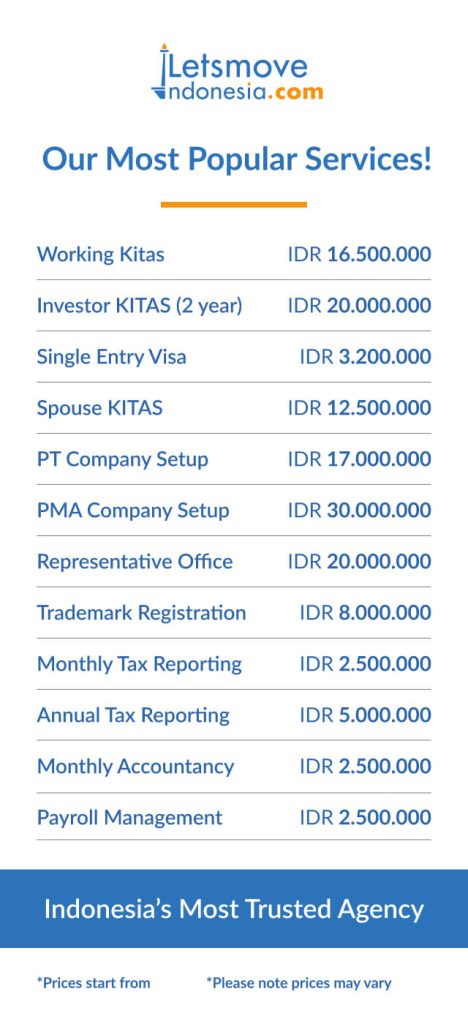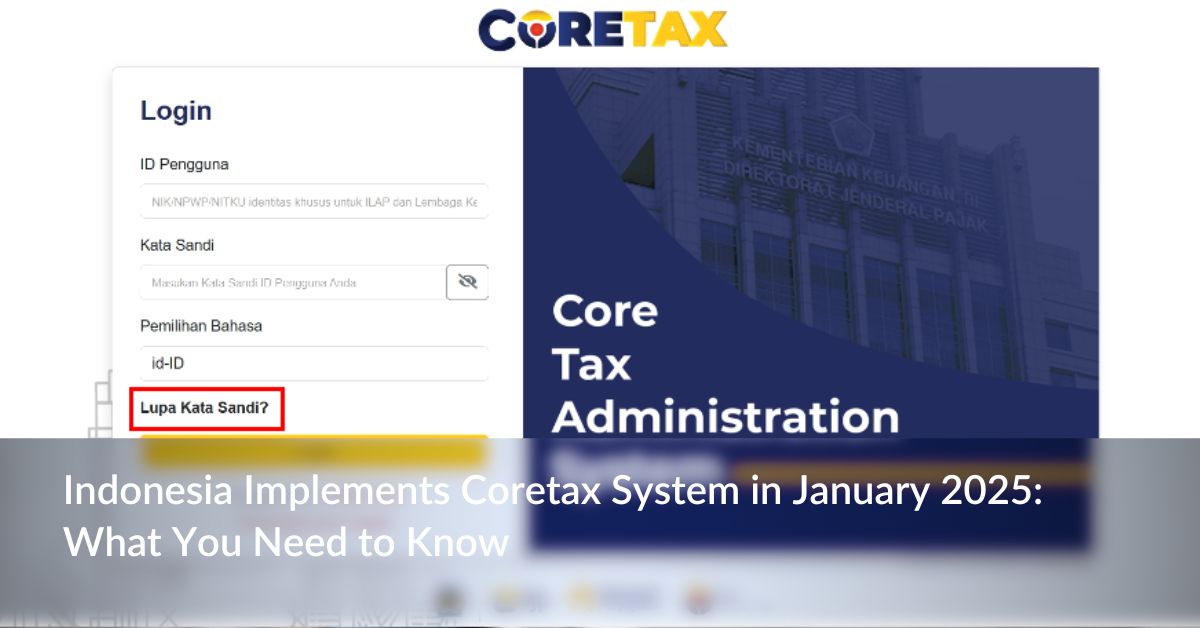Bali, with its enchanting landscapes, vibrant culture, and warm hospitality, has long been a dream destination for expatriates seeking a piece of paradise.
For those yearning to make this dream a reality, purchasing property on the Island of the Gods is a thrilling prospect. However, the process of buying property in Indonesia, especially as an expatriate, is not without its complexities and regulations. To turn your Bali property aspirations into reality, it’s essential to follow the right steps and understand the legal framework.
1. Know What Property to Purchase:
Bali offers various types of property, from beachfront villas to serene rice terraces and lively townhouses. Determine your preferences and budget, and whether you seek a residential property, commercial investment, or a combination of both.
There are two common property types in Indonesia according to the ownership situations; Freehold and Leasehold property. Read more about the differences through our article: Leasehold vs Freehold Property in Indonesia: The Differences You Need to Know
2. Understand Property Titles:
In Indonesia, there are three main types of land titles: Hak Milik (Right to Own), Hak Pakai (Right to Use), and Hak Guna Bangunan (Right to Build). Expatriates cannot hold Hak Milik titles directly but can use alternative legal structures, such as leasehold agreements.
3. Leasehold Agreements:
Expatriates can enter into leasehold agreements, typically for an initial period of 25 years, extendable for another 25 years. Ensure that the terms of the lease agreement are clear and legally sound.
4. Legal Requirements:
It’s essential to work with a notary, legal advisor, or a reputable property consultant who understands Indonesian property laws. They will help you navigate the legal requirements, including due diligence, to ensure a smooth transaction.
5. Due Diligence:
Due diligence is critical. This process involves thorough investigations into the property’s legal status, ownership, any encumbrances, and potential disputes. It’s a safeguard against potential issues.
6. Work with an Expert Real Estate Agent:
A trustworthy real estate agent with experience in the local property market can be your guiding light. They have local knowledge, connections, and the ability to find properties that match your preferences.
7. Secure Financing:
Ensure that you have a clear plan for financing your property purchase in Bali. Expat-specific mortgages might be limited, so it’s important to have your finances in order.
8. Stay Informed:
Stay updated on the latest property regulations and laws for expatriates in Indonesia. These can change, so it’s vital to keep yourself informed throughout the process.
9. Engage a Local Notary:
An experienced notary will help with the legal aspects of the property transfer, drafting contracts, and ensuring that all documentation is in compliance with Indonesian law.
10. Set Up a Legal Entity in Bali:
Some expatriates choose to establish a foreign-owned company (PT PMA) to acquire property. This entity allows you to hold properties with Hak Guna Bangunan titles for certain purposes.
11. Patience and Patience:
Buying property in Bali, like any real estate transaction, can take time. Be patient and prepared for a process that may differ from what you’re used to in your home country.
12. Cultural Sensitivity:
Respect the local culture and people throughout the process. Building good relationships can make the experience more enjoyable and smoother.
Frequently Asked Questions
Can expats legally own property in Bali?
Yes, expats can legally own property in Bali through various ownership models, such as Leasehold and Right to Build (Hak Pakai). However, it’s essential to understand the regulations and work with professionals to ensure legal compliance.
Are there any restrictions on property location for expats?
Certain areas in Bali are designated for local residents only, limiting expat property ownership. It’s crucial to check the zoning regulations and work with experts to find areas where expat ownership is allowed. It is best to engage a reputable property consultant in Bali to select your ideal property investment.
Can I own property through a company in Bali?
Yes, expats can establish a foreign-owned company (PT PMA) in Indonesia to acquire property. The company can own the land and properties, and expats can own the company shares.
Can expats rent out their property in Bali?
Yes, expats can rent out their property in Bali. However, rental regulations, permits, and taxes apply. Working with property management companies can assist expats in navigating the rental process.
Looking to invest in Bali? You might also want to read Get to Know Types of Certificates When Buying Property in Bali
Can I get a mortgage (KPR) as an expat to buy property in Bali?
Yes, some Indonesian banks offer mortgages (KPR) to expats. Requirements and terms vary, and it’s advisable to compare offers from different banks to find the most suitable mortgage option. Check out LetsMoveIndonesia’s Expat Mortgage Services to kickstart your mortgage to buy property in Bali.
Buy Property in Bali with LetsMoveIndonesia
While not mandatory, working with a reputable property consultant or agency, such as LetsMoveIndonesia, can simplify the process, ensure legal compliance, and help find the best property options tailored to expats’ needs.
With LetsMoveIndonesia, your Bali property dreams are not just within reach; they become a well-informed, smooth, and enjoyable reality. Whether you’re looking for a new home, an investment, or a slice of paradise, we’re here to help you navigate the Indonesian property market with ease and confidence.
Make your Bali property aspirations a reality with LetsMoveIndonesia, your trusted partner in the journey to acquiring your slice of paradise.
Found this article interesting? Then check out our other useful articles here!
Exploring Possibilities of The Expat Mortgage in Indonesia
Your Path to Property Ownership: Essential Steps for Obtaining Mortgage in Indonesia
Decoding Indonesian Mortgage Products: The Essential Guide for Homebuyers
Get Your Desired Mortgage with LetsMoveIndonesia: What You Need to Know











